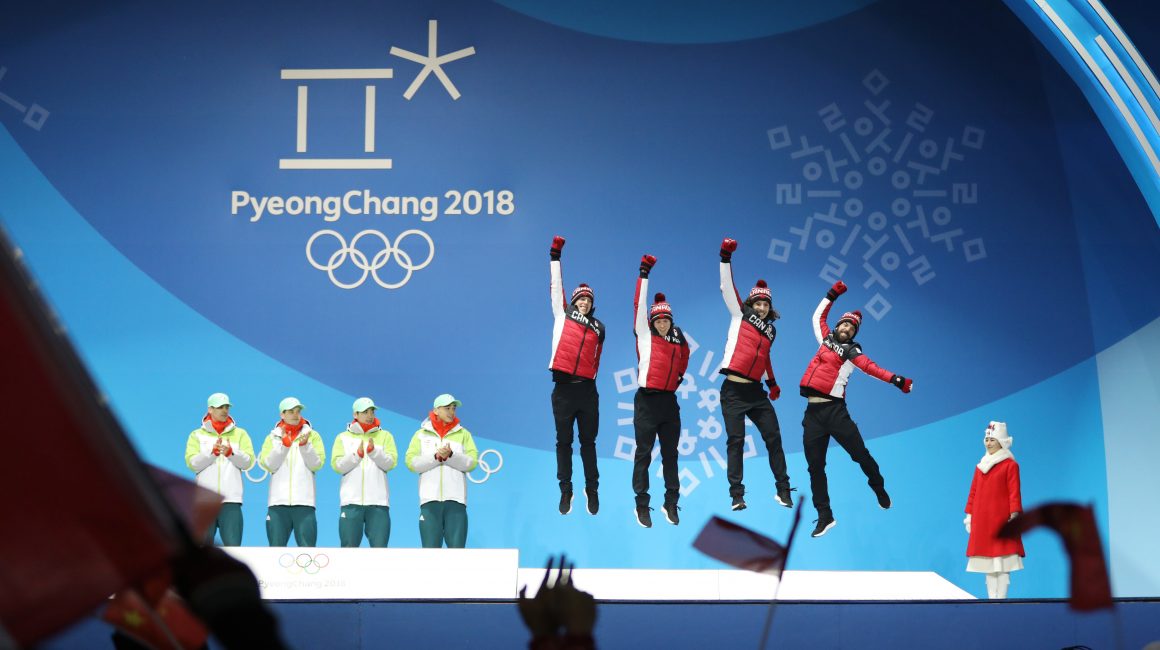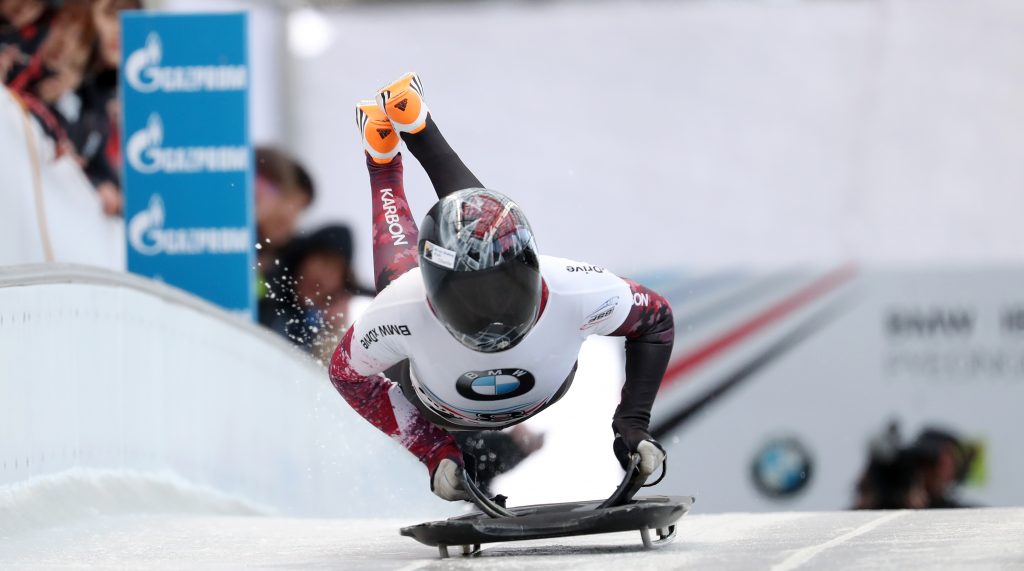
Team Canada’s losses in Pyeongchang 2018 revealed unexpected skill and diversity
By David Song, March 2 2018 —
At the Pyeongchang 2018 Winter Olympic Games, many fans assumed Team Canada would dominate in events they’ve historically been successful in. Canada’s hockey teams were expected to defend gold and the curling teams were predicted to maintain their streak of Olympic podium finishes since 1998.
And yet the women’s hockey team narrowly lost to the arch-rival United States in a climactic gold-medal showdown, while the men’s team took bronze after being vanquished Germany — of all countries. Canada’s curlers faced an even more devastating blow after both Kevin Koe and Rachel Homan’s teams fell short of the podium.
Canada’s underachievement in these two sports received unsurprisingly heavy media coverage. But dismissing Canada’s overall effort based on these results is severely misguided. This year, we experienced one of the most robust versions of Team Canada in Olympic history.
In Pyeongchang, Canada won 29 medals, including 11 golds. That bests the previous all-time record of 26 medals in Vancouver 2010. Even more impressively, several of these medals came from new and lesser-known athletes.
The luge team, with University of Calgary engineering student Alex Gough on their roster, won the first two Olympic luge medals in Canadian history. Freestyle skiers Alex Beaulieu-Marchand and Cassie Sharpe overpowered the men’s and women’s halfpipe, winning bronze and gold respectively. Justin Kripps and Alex Kopacz topped the men’s bobsleigh podium after tying Germany for gold — a feat Canada hasn’t accomplished since 1998.
Numerous Canadian medal favourites also prevailed. Moguls skiing ace Mikael Kingsbury secured gold, continuing a dominant run started by former teammate Alex Bilodeau. Ski cross athlete Kelsey Serwa upgraded her silver medal from Sochi 2014 with a first-place finish. Canada’s roster of figure skaters showed unprecedented depth with a team gold and bronze medals in the women’s and pairs events. And ice dancers Tessa Virtue and Scott Moir’s majestic gold medal performance is now permanently embedded in Canada’s collective subconscious.
In contrast to many fans disappointment, losing championship status in hockey and curling showcased Team Canada’s overall effort in a positive light. It gave space to highlight the ascending talent of Canadian sport and athleticism in a variety of disciplines. Breaking a national record medal count despite reduced success in hockey and curling is an unexpected but exciting success.
Viewing the Olympics through a well-rounded lens is important. As International Olympic Committee founder Pierre de Coubertin said, “The most important thing in the Olympic Games is not winning but taking part; the essential thing in life is not conquering but fighting well.” Team Canada fought well. By simply qualifying for the Olympics and rigorously competing, Canadian athletes have done us proud, regardless of medals won.
The four years leading up to the 2022 Winter Olympics will likely hold promising pursuits and advancements by Canadian athletes. Canada needs to work vigorously to reclaim dominance on the hockey rink and curling sheet. But we also have plenty of new medal contenders to watch grow and succeed. Pyeongchang 2018 laid an excellent foundation for the future of Canadian winter sport.

